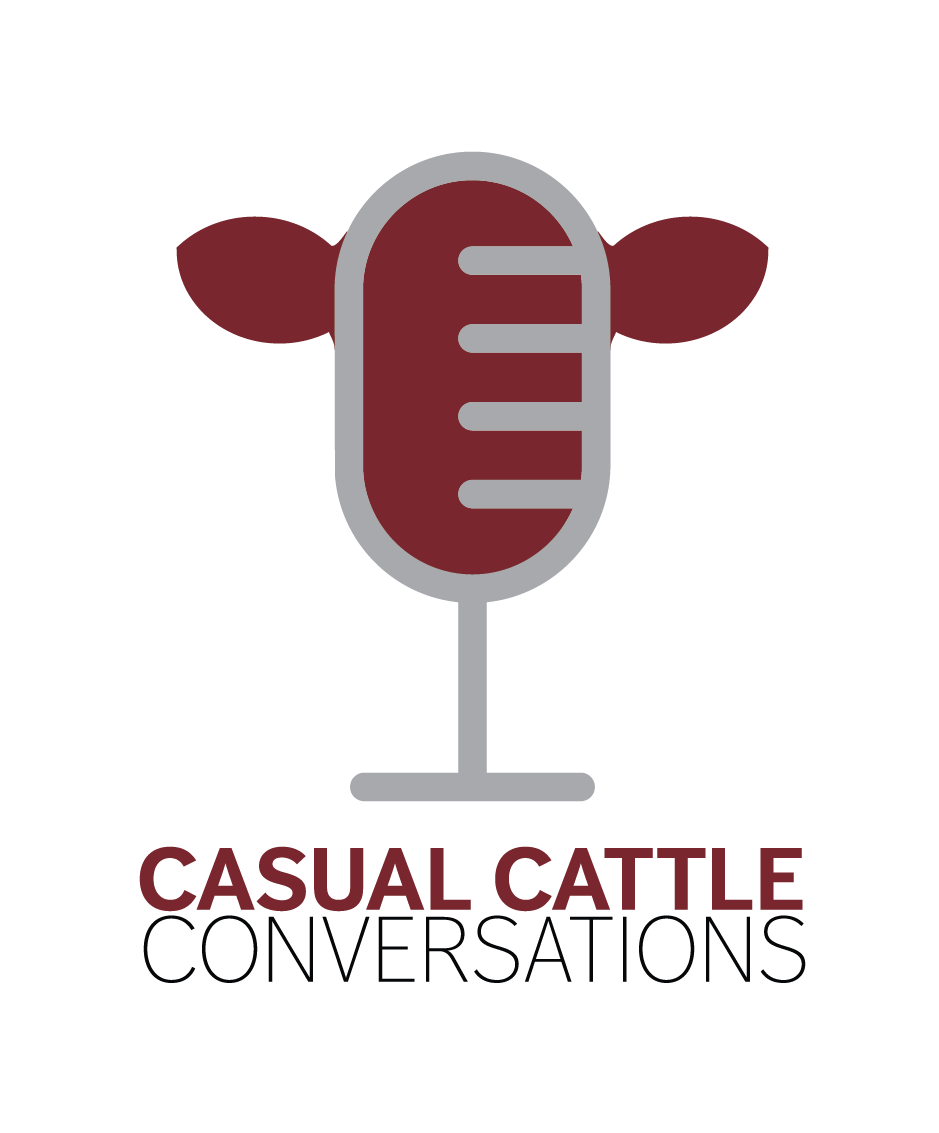Communicating Science about Livestock with Keith Belk
“When we avoid difficult conversations, we trade short-term comfort for long-term dysfunction.” – Peter Bromberg
There is no shortage of difficult conversations that have taken place between cattle producers in the past 5 years. It is an industry caught between innovation and tradition and in most instances, cattlemen and women can choose their balance of these two values. But what about conversations between livestock producers and the rest of society? With increased access to the internet and more information than anyone can consume; the public continues to ask more questions about meat production and how it fits into their lives and society. What comes across as clear to one group of people may not to another. These are the uncomfortable conversations that need to happen and recently took place in Denver, CO.
Dr. Keith Belk – Director of the Center for Meat Safety and Quality at Colorado State University – was a guest on the Casual Cattle Conversations podcast and shared about the many necessary but uncomfortable conversations that were facilitated at the 2024 International Summit on The Societal Role of Meat and Livestock.
This meeting was not the first of its kind to take place. It was a follow-up to a meeting held two years prior in Dublin, Ireland. “The purpose of this meeting was to share the state-of-the-art scientific evidence that has an impact on meat and livestock’s role in society and then have conversations about what comes next,” said Belk. The 2022 meeting in Ireland resulted in The Dublin Declaration which promotes the use and communication of reliable evidence and science about livestock’s role in society.
Four main topics were covered at the 2024 International Summit: meat in the human diet, ecology and biodiversity, philosophical issues related to meat in society and how to better communicate scientific evidence to the non-scientists. Approximately 178 guests were in attendance from 6 different continents including many world-class leaders, scientists and policymakers.
“This event wasn’t about advocating. It was about showing what the true science says. Fortunately for the livestock and meat industries, the science is positive for what the industry can accomplish,” said Belk. The livestock industry has experienced an increase in agenda driven activists who are against meat production. This summit served to address how to counteract these individuals and be more proactive by sharing facts and scientific evidence.
One of the overarching themes from the event was the need to promote and take action. Belk said, “Scientists have passively provided peer-reviewed scientific literature and information. But normally the general public doesn’t have access to this information and if they do the articles don’t make sense due to the scientific jargon that is used.” There is a desire and need to take these very well-done studies and communicate them in a meaningful way to the rest of society. One of the outcomes of the meeting will be a series of articles shared in a special edition of the Animal Frontiers Magazine that summarizes what was shared by scientists and the audience during the summit to encourage action.
“These conversations are uncomfortable to have in an open format and setting like this, but they need to happen,” said Belk. Additional conversations included the need for clear definitions, product labeling, how the public consumes information and society’s lack of understanding for what science truly is.
Cattle producers can do their part to be proactive by having these uncomfortable conversations with their peers and those outside of the industry too. “There is no producer in a situation where they can’t help address this,” said Belk. Take the initiative to know what good and bad research looks like and stand up for what matters to you by using facts to support it. No one has all the answers, don’t let that stop you from standing up for your livelihood. You can learn more about the 2024 International Summit and Dublin Declaration on the following website. https://societalroleofmeat.org/

